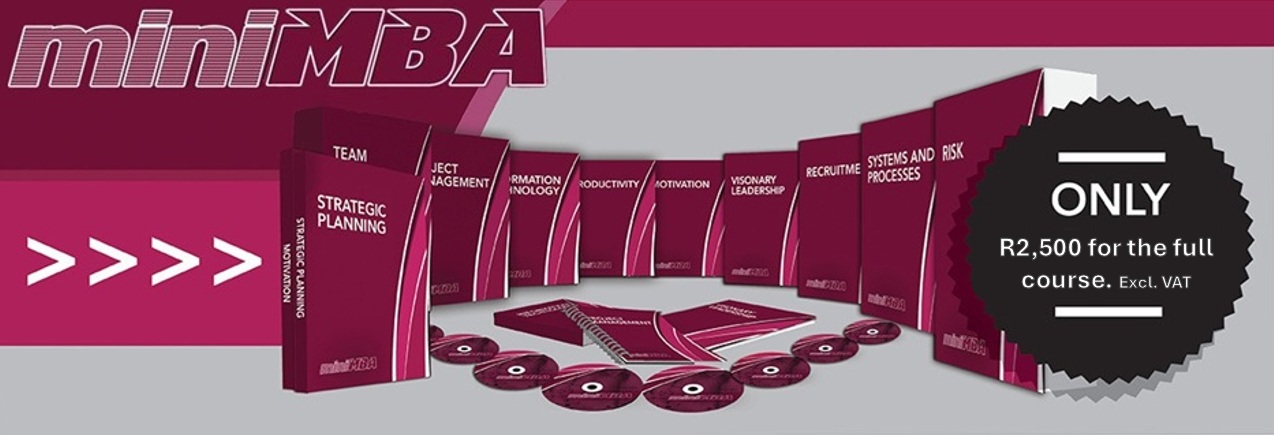

Prevent crisis and gain the competitive advantage through identifying and managing risks
Strategies for Effective Risk Management
Risk Identification and Assessment:
Develop a Robust Risk Management Plan:
Create a detailed risk management plan that outlines how your company will address identified risks. Define roles, responsibilities, and timelines for risk mitigation strategies. Ensure your plan is flexible and adaptable to changing circumstances.
Diversification and Contingency Planning:
Regular Monitoring and Review:
Employee Training and Engagement:
Mitigate potential and imminent risks, through idenification, prevention strategies
Begin by identifying potential risks specific to your industry, operations, and market. Conduct a comprehensive assessment to prioritize risks based on their potential impact and likelihood. Utilize tools like SWOT analysis to gain insights into your company's strengths, weaknesses, opportunities, and threats.
Diversify your business operations and investments to reduce the impact of concentrated risks. Establish contingency plans for potential disruptions, outlining steps to take when specific risks materialize.
Implement a continuous monitoring process to track the progress of your risk management strategies. Regularly review your risk assessment and update your risk management plan as new risks emerge or business conditions change.
Engage your employees in the risk management process by providing training on identifying and reporting potential risks. Encourage a culture of risk awareness and accountability across all levels of the organization.